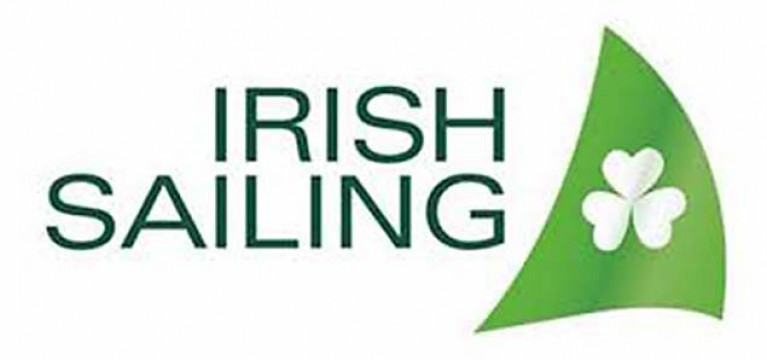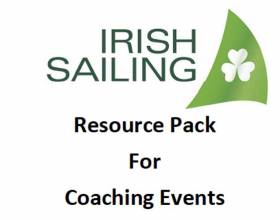Displaying items by tag: Irish Saiing
Further Lifting of COVID Restrictions from 29th June
This evening An Taoiseach announced plans to “accelerate the reopening of our society and economy with most things in roadmap now being moved to Phase 3 on 29 June”.
Although the statement included a commitment for all sporting activities including full contact sports be allowed to resume, there is currently very little detail communicated or published, and we still have no clarity on how this impacts Irish Sailing’s ‘Return to Sailing Scheme’ for Phase 3.
We anticipate we will be in a position to publish our Phase 3 plan early next week, subject to receipt of clarity around the Taoiseach’s announcement - Harry Hermon, CEO
Following the incident in Dun Laoghaire last year involving Irish Sailing’s High-Performance Optimist Squad and the subsequent investigation and report, Irish Sailing established a working group to consider the recommendations of the report, assess how best Irish Sailing could address them, and to help with the implementation.
The working group comprises David Turner (National YC), Ciaran McSweeney (Monkstown Bay SC & RCYC) Brian Craig (Irish Sailing Board), Harry Hermon (Irish Sailing CEO) and James O’Callaghan (Irish Sailing Performance Director). The group set about developing a simple, practical and fit-for-purpose Safety Resource Pack for ensuring safe coaching events.
The Safety Resource Pack is intended to set the framework for the various functions and principles by which staff, contractors, volunteers and other representatives should discharge their responsibilities as an organiser of coaching events. The objective is to achieve a high standard of safety within Irish Sailing coaching events, without unduly constraining the sailing activities. The aim is not to dictate or restrict activity in any way, but to provide a framework for organisers to identify responsibilities, and make informed and finely judged decisions around safety.
The Safety Resource Pack has been tested by the Irish Sailing Performance squad training, along with club coaching events from three clubs of varying size and resources. The feedback is that the Resource Pack is simple and practical, and has been welcomed by those who have used it so far. The system is now being used by Irish Sailing’s coaching events, and it is anticipated that clubs and classes will adopt it when organising their own coaching activities.
The Safety Resource Pack identifies:
- key functions/responsibilities for organising coaching events
- protocols for dealing with emergencies
- coach pre-requisites for Irish Sailing Coaches
- a practical checklist for planning a coaching event
- a risk assessment to be used for the decision to launch
The Safety Resource Pack (and particularly the risk assessment) will be most effective as an interactive tool maintained as an ‘app’ on a phone, tablet or laptop. In this way, the decision-making process for each coaching event may be recorded online, and negate the need for paper records. Irish Sailing is currently exploring options for using Irish Sailing’s Passport system for this purpose. With some modifications to the software which will be completed in the autumn, it is anticipated that the pack will become available to organisers of coaching events as a live system. In addition, we hope to extend the pack to incorporate racing events in the future.
Irish Sailing says, although the end result is deliberately short and simple, there has been a great deal of research into other systems, both nationally and internationally, along with input from a multitude of people with relevant experience.































































